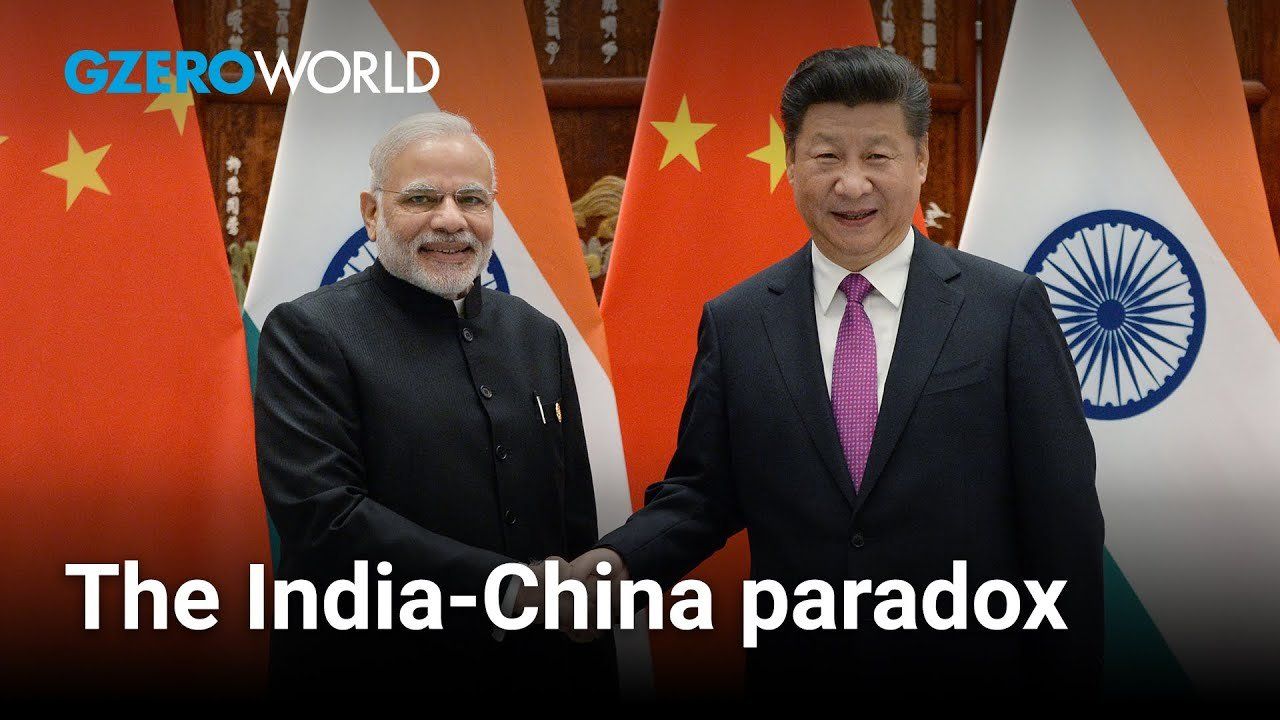
China is India’s largest neighbor and second-largest trading partner. At the same time, China is India’s primary external rival, and relations between the two countries have grown more tense amid violent clashes on the Himalayan border.
On GZERO World, Ian Bremmer discusses the precarious India-China relationship with Samir Saran, President of the Observer Research Foundation, a leading Indian think tank. Saran says there is a paradox in the current status quo, where despite tension in the Himalayas, trade between the two countries is expanding in China’s favor.
“I think we have a double challenge for the Indian establishment,” Saran tells Bremmer.“How do you continue to flex your muscles to prevent expansionism of the Beijing variety, and on the other hand, how do you rebalance economic ties?”
Saran believes China isn’t willing to engage with India in the near term on either issue, leading to a “dangerous stalemate” that will define the relationship and could deteriorate very quickly. And given China’s internal economic problems, like record youth unemployment and mounting government debt, Saran doesn’t think Beijing will prioritize the relationship with India any time soon.